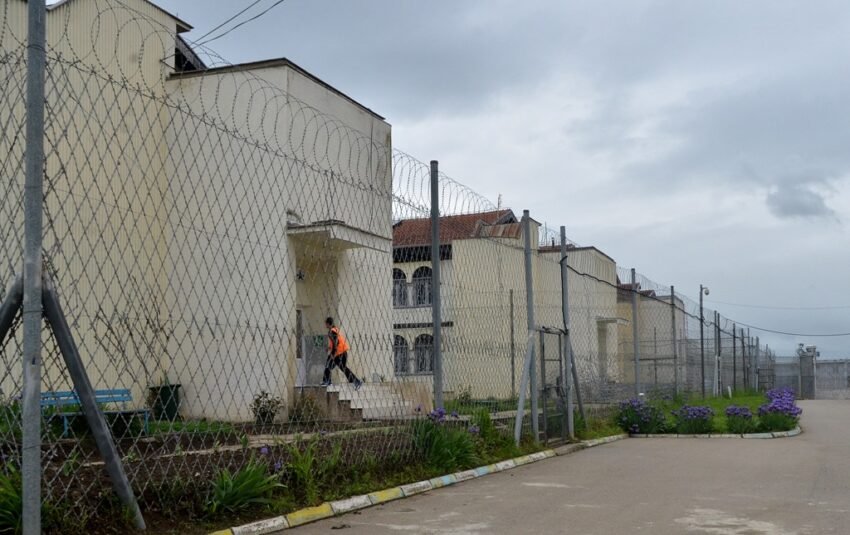Belgium has launched discussions with Kosovo and Albania on the potential leasing or construction of prisons to house inmates serving sentences under Belgian jurisdiction. The visit by Justice Minister Annelies Verlinden and Minister for Asylum and Migration Anneleen Van Bossuyt aims to address Belgium’s chronic overcrowding in prisons and strengthen cooperation in the fight against organized crime.
Belgium’s approach mirrors an existing agreement between Kosovo and Denmark, under which 300 Danish inmates will serve their sentences in the Gjilan Correctional Institution starting in April 2027. That 10-year deal, ratified by the Kosovo Assembly in May 2024, will bring the country over €200 million in revenue.
During their three-day visit to Tirana and Pristina, the Belgian ministers are expected to discuss a memorandum of understanding that would allow for joint management of confiscated criminal assets, ensuring that a portion of the assets seized in Kosovo and Albania — based on Belgian investigations — would be transferred to the Belgian state budget.
Minister Verlinden emphasized that 307 Albanian citizens are currently serving sentences in Belgian prisons, 253 of whom lack residence permits. “Those convicted here who do not have legal residence could serve their sentences in their home countries. This would ensure fair enforcement of justice and improve efficiency in our prison system,” she said.
Belgian authorities describe Kosovo as a transit country for human trafficking and arms smuggling, which frequently appears in Belgian court cases related to money laundering. Meanwhile, Albania is seen as a strategic partner in combating drug trafficking, particularly given the strong presence of Albanian criminal organizations in the Port of Antwerp.
“The Western Balkans are a key region in our fight against organized crime,” Verlinden stated. “We aim to build on the mutual trust that has grown through intensive cooperation in recent years.”
In Kosovo, discussions will also include a potential treaty on legal assistance, designed to structurally strengthen bilateral cooperation in criminal matters.
If concluded, a Belgian-Kosovar agreement would mark another example of European states outsourcing detention capacity while simultaneously deepening judicial cooperation with the Western Balkans.







